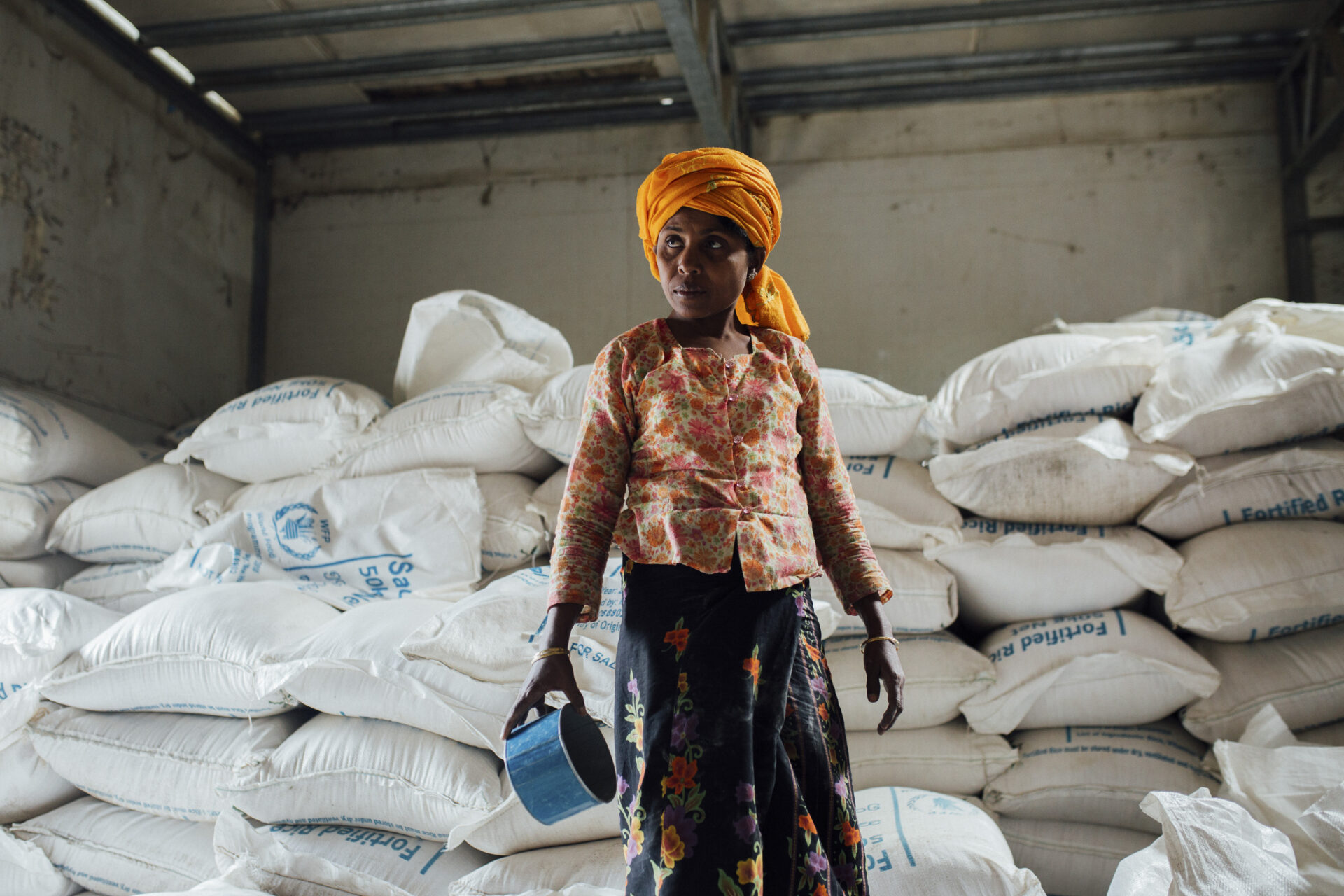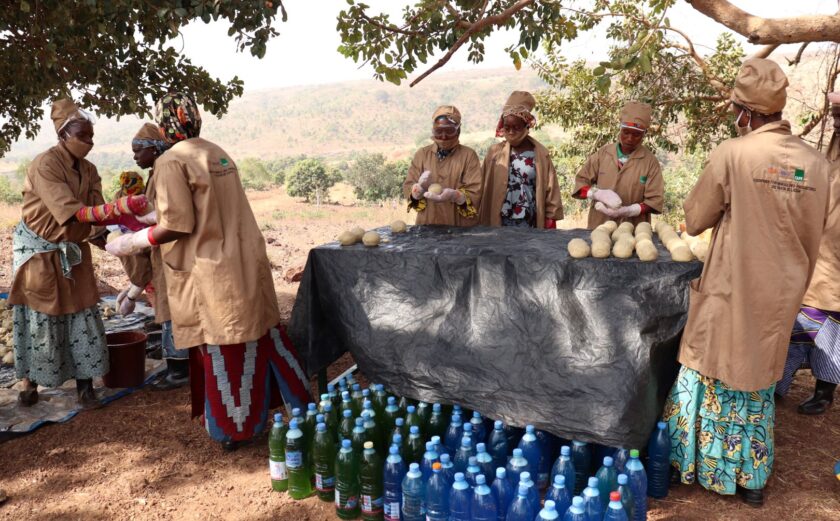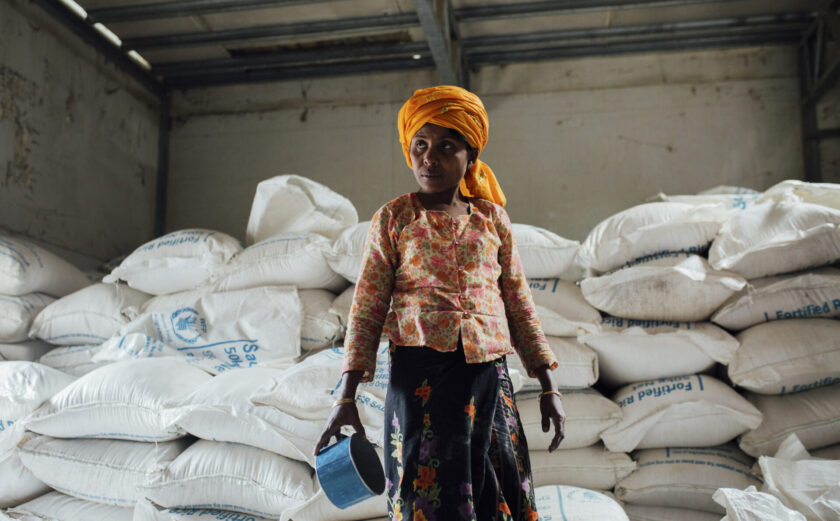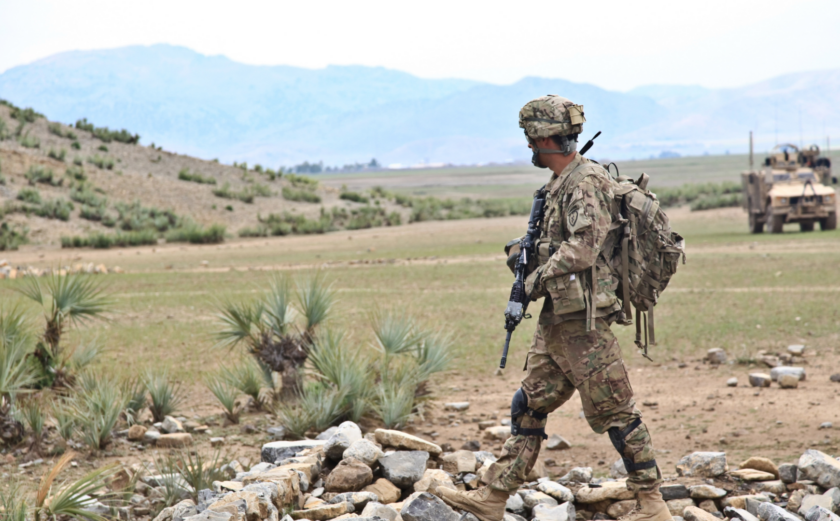
New Guidance for Armed Actors to Prevent and Mitigate Conflict-Induced Hunger
*New educational materials were added on July 8, 2024; they can be found under “Resources” at the bottom of the blog. The blog was originally published on May 3, 2024.
April 15, 2024, marked the one-year anniversary of the conflict in Sudan, where one of the world’s largest hunger crises is evolving—18 million people are food insecure, including five million of whom are facing starvation and 730,000 children who are severely malnourished.
Parties to the conflict have caused forced displacement and communications blackouts, looted civilian property, and restricted the movement of humanitarian aid, all directly contributing to the alarming hunger and humanitarian crisis across the country.
Conflict’s Effects on Food Insecurity
Sudan is not the only example of conflict leading to hunger. Conflict was the cause of acute food insecurity for almost 50% of those who suffered from it in 2023—affecting 134.5 million people across 20 countries—making it one of the primary drivers of hunger.
The effect of conflict on the availability of and access to food is well-known. Parties to armed conflicts create the vast majority food insecurity in humanitarian settings, making the issue largely preventable. Consider how the damage and destruction of livelihoods, markets, means of food production and processing, personal property, livestock, and critical infrastructure cause food shortages, economic decline, and disruptions to food supply chains. Additionally, access to the food, water, basic services, and humanitarian assistance that are available is often hampered by restrictions on mobility. The outcome is serious food insecurity, which often creates protection risks, such as heightened exposure to sexual exploitation and abuse, early forced marriage, and child labor.
According to international law, it is the responsibility of armed actors—whether States or non-State armed groups—to prevent and mitigate conflict-induced food insecurity. While some parties to conflicts continue to use food as a weapon of war, others inadvertently contribute to food insecurity.
New Guidance
To help armed actors better fulfill their responsibilities, InterAction partnered with Action Against Hunger, Brown University, CARE, Community Association for Vulnerable Persons, Concern Worldwide, Geneva Call, Hope Restoration South Sudan, the World Food Program, and subject-matter expert Ezequiel Heffes to develop the Practical Measures for Armed Actors to Prevent and Mitigate Conflict-Induced Food Insecurity.
The Practical Measures—also available in Arabic, French, and Spanish—provide a deeper understanding of how the behavior of armed actors impacts food security. They give guidance on policy, operational practice, and relations with partners and allies before, during, and after operations to avoid contributing to food insecurity. Topics covered include:
- Displacement.
- Protection of the natural environment.
- Humanitarian assistance.
- Resourcing and training.
- Monitoring and applying lessons learned.
- Planning and targeting.
- Access to food, water, critical infrastructure, and services.
- Addressing harm caused.
The Practical Measures are rooted in civilian harm mitigation and response, thereby reflecting and complementing international law and U.N. Security Council Resolution 2417. They aim to help armed actors move from viewing international law and civilian harm mitigation efforts as a simple check box exercise to a more holistic understanding of the civilian environment and how actions and impacts interact. As such, some of the measures are aspirational and can be progressively realized.
The Practical Measures is not a declaration that requires sign on, nor a monitoring or accountability tool. They are meant to be implemented by armed actors in conjunction with broader political, military, and governance policies and practices to mitigate conflict-induced food insecurity in areas of operations worldwide.
Ultimately, it will be up to diplomats, humanitarians, and civil society to push for armed actors to take up these measures, and it is likely that they will need to be contextualized and reframed for each context. Training and educational material will soon be available to facilitate this process.
Importantly, policies and practices outlined within Practical Measures can contribute to a meaningful decline in the global food crisis, a change that cannot come too soon for civilians in Sudan and around the world.
Resources
The Practical Measures can be found here:
Additional education materials are available here:
—
InterAction would like to express its sincere appreciation to the Swedish International Development Cooperation Agency (SIDA) and the U.S. Agency for International Development’s Bureau of Humanitarian Assistance who generously contributed to the development of the Practical Measures.
For more information on InterAction’s Protection of Civilians work, please contact Erin Weir (eweir@interaction.org).






